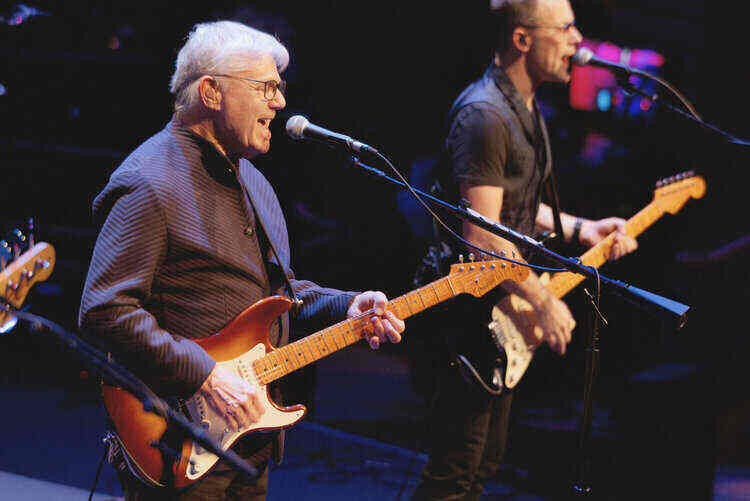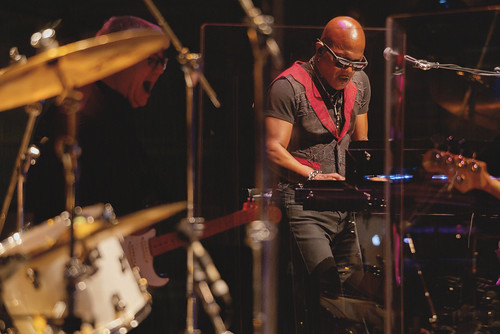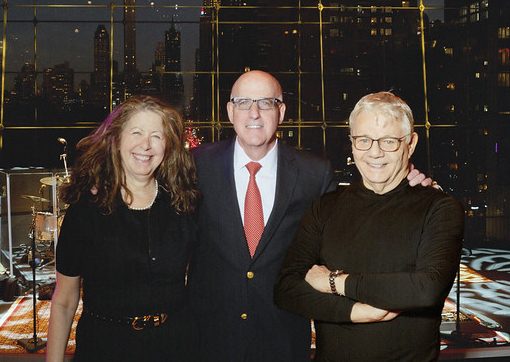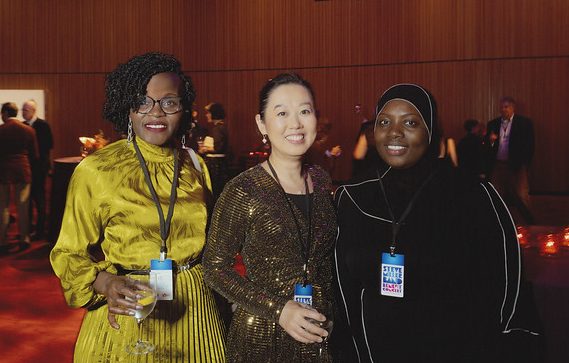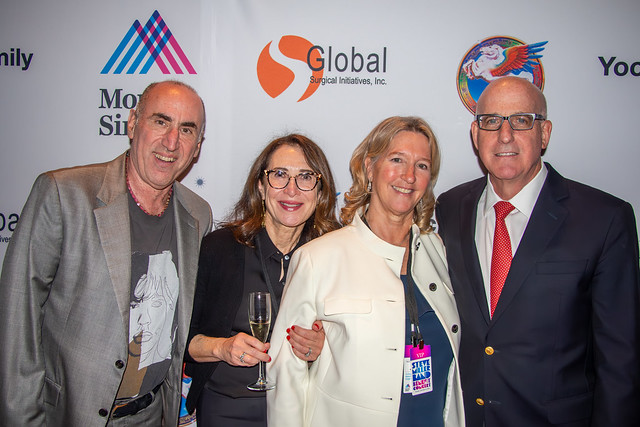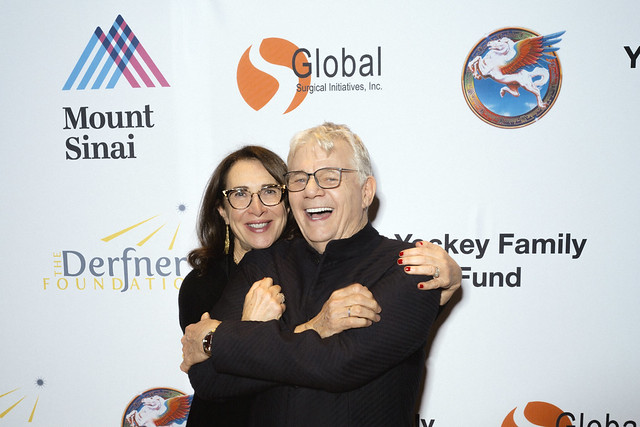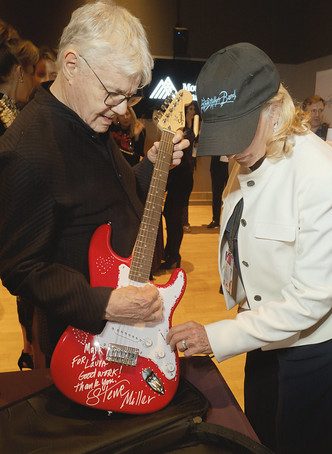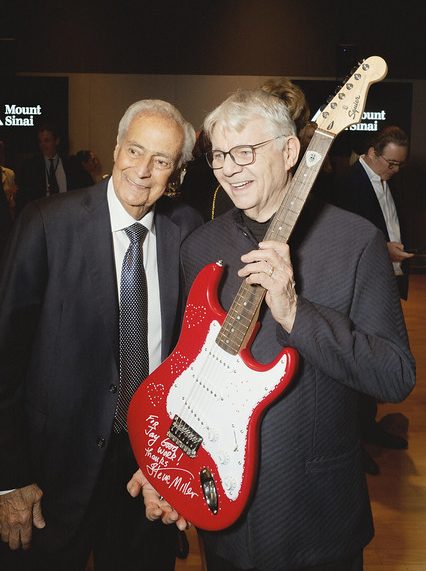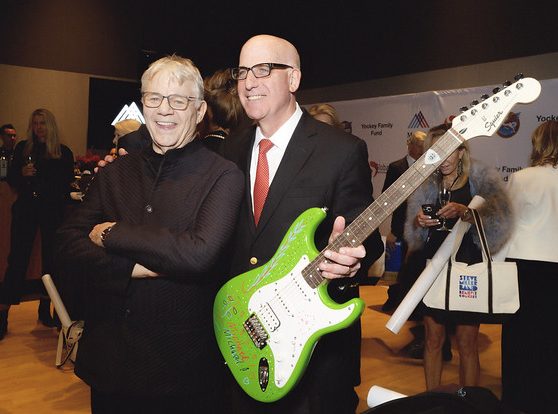“Kyabirwa is a story of giving hope to the most vulnerable people in our communities here in eastern Uganda,” said the Center’s Director, Anna Turumanya Kalumuna, MBA. “The people living in Kyabirwa right now can testify to the fact that they no longer have to sell off their property to get basic surgical care.”
The Center is now thriving. Since its launch, approximately 6,370 procedures have been performed there, and some patients travel from as far as 12 hours away to receive safe, quality, effective treatment—regardless of their ability to pay. The Center is also expanding its efforts to allow for more surgery-related services, fostering research and community education, and enhancing its ability to provide laparoscopic procedures, cancer screenings, pathology services, and so much more. And this all takes place in a facility designed to maximize energy efficiency and environmental sustainability.
“When we began this program five years ago, everyone—including me—was unsure as to whether or not we’d be successful here,” said Michael L. Marin, MD, Dr. Julius H. Jacobson II Chair in Vascular Surgery, Chairman of the Maxwell-Aufses Department of Surgery at Icahn Mount Sinai, and Surgeon-in-Chief for the Mount Sinai Health System. “Five years later, having seen so many pieces of it come together is a source of great pride for me and many of the others who are so important in making it successful.”
In 2023, the Center established a Women’s Health Clinic that has already provided much-needed gynecologic services to nearly 400 women, including 50 surgical procedures. The gynecology department is breaking down barriers and creating a genuine sanctuary for women to receive comprehensive and compassionate health care by offering a wide range of services, including a burgeoning wellness program.
Telesurgery technology is a key feature of the Kyabirwa Center. This cutting-edge technique allows surgeons at the Center to benefit from the experience and expertise of surgeons at Mount Sinai in real-time, a collaboration that helps with complex cases, improves patient outcomes, enhances research initiatives, and provides educational opportunities for surgeons in East Africa.
“Digital technologies, video communication in the operating room—the ability to do that in a dynamic fashion has been a game-changer,” said Dr. Marin. The Center is also now home to a state-of-the-art simulation center and is expanding its footprint to enhance its ability to provide additional services to even more patients.
Philanthropic support is crucial to the Kyabirwa Surgical Center’s ability to provide care to a remote community who would otherwise have no options. The dedication of the Center’s supporters sustains its mission and provides it with the resources needed to strengthen its outreach efforts, bring additional relief to more people, and serve as a model for bringing greater access to quality affordable health care throughout the world.
“This is something the world really needs,” said Miller, who, along with his wife Janice, is a Mount Sinai Department of Surgery Advisory Board member and a generous supporter of the Kyabirwa Center. “You very rarely run into that kind of an idea. Just immediately, we wanted to do anything we could do to help.”


